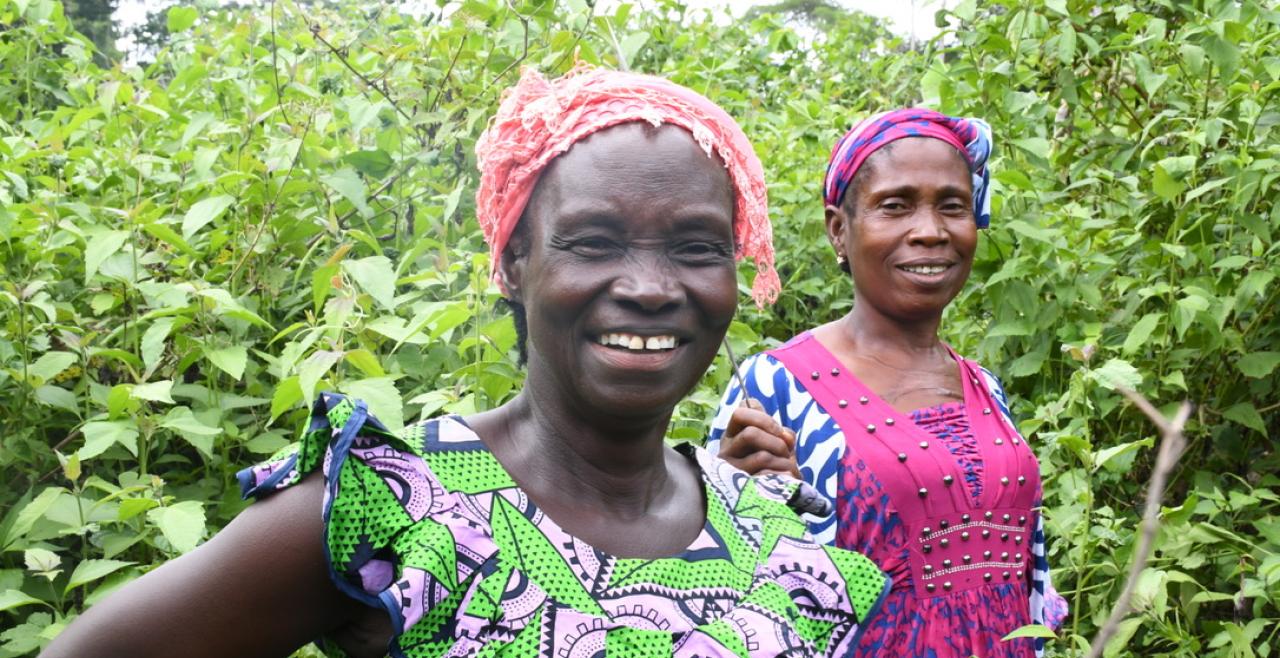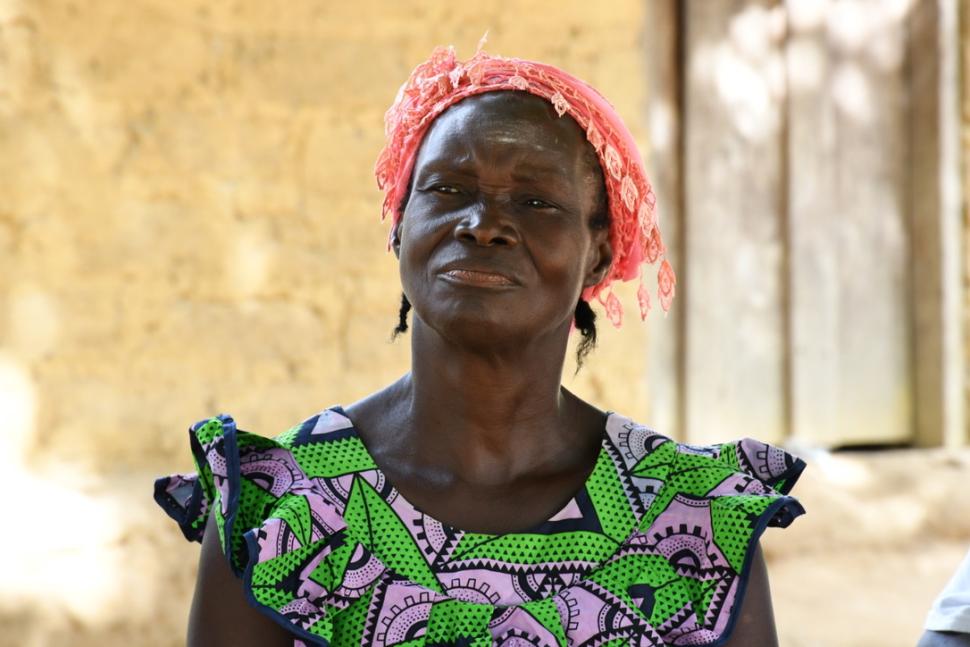Former practitioners of FGM lead the fight to end female genital mutilation in Liberia

GRAND GEDEH COUNTY, Liberia - Rebecca Yaoh, 63, is the head of women Zoes (elders) in Naio Town, Grand Gedeh County.
For years, Ms. Yaoh held the belief that female genital mutilation (FGM) and the Sande Bush School — a secret society where young women and girls are initiated into womanhood — were essential for a girl's education, success and future as a respectable housewife. As the daughter-in-law of a prominent female Chief Zoe involved in FGM, she played an active role in the practice.
"I started performing FGM at the age of 36," Ms. Yaoh recalls. "Even though I was a skilled and respected midwife, I was drawn into the world of FGM due to the influence of my mother-in-law, who was a renowned Chief Zoe. After her passing, tradition dictated that I inherit her position."
Overcoming myths and misconceptions
Driven by the inherited position and the belief that FGM was essential for girls' upbringing, Ms. Yaoh persuaded numerous parents to have their daughters "cut", a process that can cause lifelong pain and suffering. She says her reputation spread far and wide, but that it also created a divide in the community, with some families avoiding her and young women and girls altering their walking routes to avoid crossing paths with her. Fifty per cent of Liberian women and girls aged 15-49 have undergone FGM, according to UN Women, but Ms. Yaoh's account shows that in many communities, its popularity is diminishing.
Everything changed when Ms. Yaoh participated in Spotlight Initiative training on the elimination of FGM in Liberia. She says it opened her eyes to the harmful nature of FGM and shattered many of the myths and misconceptions she had believed.
"The Spotlight training was like a church delivering me from bondage," Ms. Yaoh reflects. "I realized that FGM was detrimental and I regretted my involvement in it. The knowledge and understanding I gained from Spotlight awakened me to the reality [of FGM].
"I returned to my previous profession as a midwife, focused on saving lives through proper delivery. Additionally, I joined 50 other Zoe women in Naio Town who left FGM behind and engaged in agriculture, thanks to the opportunities provided by Spotlight Initiative."
"I joined 50 other Zoe women in Naio Town who left FGM behind and engaged in agriculture, thanks to the opportunities provided by Spotlight Initiative." - Ms. Rebecca Yaoh, former FGM practitioner
Alternative livelihoods
Ms. Yaoh and her fellow Zoes turned their attention to farming, planting various crops such as pepper, bitter ball, cassava, yam, rice and banana. Their farming activities have yielded success and satisfaction, providing them with an income and livelihood to replace performing FGM.
The transformative journey has reunited Ms. Yaoh with her four daughters and brought her closer to her family and friends who distanced themselves during her involvement in FGM.
While Ms. Yaoh celebrates her personal transformation, she worries that if the Zoes' agricultural endeavours suffer, some practitioners may return to FGM.
"I fear that if our farming activities are hindered, women may be tempted to return to harmful traditional practices like FGM," Ms. Yaoh says. "By supporting us with fencing [to protect crops from cows] and a hand pump, Spotlight can ensure that our farming continues and that women remain committed to this positive change."
With continued collaboration between traditional leaders, Spotlight Initiative and its partners, community members like Ms. Yaoh will continue transforming the lives of women and girls in Liberia.

